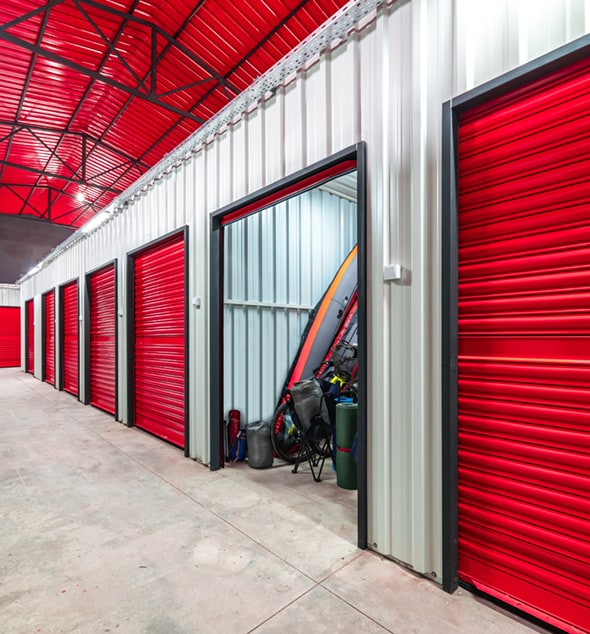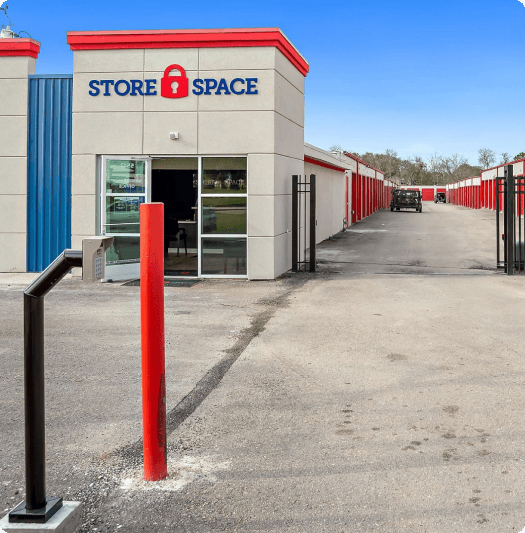Is Columbus a Good Place to Live? Moving to Ohio

If you’re considering relocating to the Ohio state capital, you’ve probably asked yourself, “is Columbus Ohio a good place to live?” You’re not alone in asking that question, Columbus is also the 14th-most populous city in the United States and its population has grown in every census, most recently by 15% as of 2020.
That means nearly a million people live in Columbus proper, while more than 2 million reside across the greater metro area.
If you’re thinking about joining them by moving to Columbus, here are a few things to know about the city smack dab in the middle of the Buckeye State.
What is Columbus Like?
These statistics should give you a baseline understanding of Columbus’s size and population. Additional characteristics like cost of living, crime and economics are discussed in detail further down. Roughly 905,000 people were living in Columbus in 2020, an increase of about 15% in 10 years.
| Columbus | Data |
| Population (2010) | 787,030 |
| Population (2020) | 905,748 |
| Area (sq. mi.) | 225.97 sq mi |
| Land Area (sq. mi.) | 220.11 sq mi |
| Water Area (sq. mi.) | 5.86 sq mi |
| Elevation (ft.) | 902 ft |
| Time Zone | UTC-5 (EST) |
The History of Columbus
For more than 2,500 years, the Columbus area was home to indigenous cultures known as Mound Builders. By the 18th century, the area became overrun with fur traders and subsequent conflicts, ultimately becoming part of the British Empire in 1763. Further conflicts between indigenous peoples and colonists led to the Treaty of Greenville in 1795, which opened the area to new settlements near the confluence of the Scioto and Olentangy rivers.
Ohio achieved statehood in 1803 and after much bickering about choosing a capital, a new city was planned in the center of the state. Columbus was incorporated in 1816, named in honor of Christopher Columbus.
Columbus was an important stop on the Underground Railroad before the Civil War, then became a hub for the Union Army. By the end of the 19th century, manufacturing became a mainstay of the city’s economy. Columbus is also home to The Ohio State University (founded in 1870 as Ohio Agricultural and Mechanical College), which is considered a Public Ivy University for the quality of education offered.
In the early 20th century, the city earned the nickname “Arch City” for the number of wooden arches spanning High Street. The city is also sometimes referred to as “the city of neighborhoods,” because of the many distinct neighborhoods within the city limits.
Columbus has a diverse economic base, centering on a number of fields and industries, such as education, insurance, banking, fashion, defense, aviation, food, logistics, steel, energy, medical research, health care, hospitality, retail, and technology (Wikipedia). This has helped the city fare better than similar cities during economic downturns and has contributed to the area’s significant population growth in recent years.
Safety: Is Columbus a Safe Place to Live?
Overall, Columbus has a D+ crime grade, according to CrimeGrade.org. This places the city in the 29th percentile, meaning that 71% of metro areas are safer than Columbus. The rate of crime in the Columbus metro area is 36.79 per 1,000 residents per year.
The crime rate suggests that Columbus is not the safest metropolitan area to live or work in. It ranks on par with Cincinnati and Dayton, OH, and is only slightly safer than Indianapolis, but behind cities like Grand Rapids or Louisville.
As with any city, there are safer neighborhoods, as well as dangerous ones that skew the data.
The safest neighborhoods include Harrison West, Victorian Village, Clintonville, Far North, and the Brewery District, which are approximately 90% safer than other Ohio cities, according to UpgradedHome.com.
Top suburbs include Bexley, Dublin, Upper Arlington, Powell and Grandview Heights.
Cost of Living: Is it Expensive to Live in Columbus?
The cost of living in Columbus is less than the average throughout the United States but slightly higher than the rest of the state of Ohio. Areas such as the cost of housing and health costs are significantly less than the U.S. average, while groceries and utilities are on par with the national average.
| City | State | Median Home Cost |
| Columbus | OH | $205,800 |
| Indianapolis | IN | $183,000 |
| San Francisco | CA | $1,471,200 |
| Jacksonville | FL | $231,800 |
| Fort Worth | TX | $252,300 |
| Charlotte | NC | $301,300 |
| United States | $291,700 |
Reasons to Live in Columbus: The Pros and Cons
Pros
The cost of living in Columbus is lower than the national average, especially in regard to homeownership costs. Only Indianapolis is lower for cities of comparable size.
Another positive for Columbus is its stable, diverse economy. In 2010, it was named one of the 10 best big cities to live by RelocateAmerica. Six Fortune 500 companies are based in the greater Columbus area: Cardinal Health, American Electric Power, L Brands, Nationwide, Alliance Data, and Huntington Bancshares (Wikipedia, 2021).
Another big plus is The Ohio State University, which is not only one of the area’s largest employers, but also one of the top public schools in the country and a cornerstone of sporting success in Ohio.
Cons
Crime is one of the significant detractors to living in Columbus. Theft and burglary are the most common property crimes in the area. Violent crimes tend to center around some of the worst neighborhoods in the area.
Schools can also be hit-or-miss, with average test scores16% lower than the U.S. average, according to AreaVibes.com.
While Columbus has more renters than homeowners (55% to 45%), rental costs in the metro are, on average, higher than the rest of the state. A 1-bedroom apartment averages $695/month in Ohio, but $754 in Columbus or $820 in other parts of the metro. These are still lower than the national average of $1,048, however.
Weather in Columbus can also be considered a con, simply because the area is subject to severe weather such as lightning, hail, tornadoes, floods, blizzards and ice storms. Snowfall is usually light in the winter, but humidity and cloudy weather can make it appear dreary.
Quality of Life: Is Columbus, Ohio a Nice Place to Live?
Columbus presents a diverse array of opportunities for its residents, offering a wide range of sports, arts and cultural events, appealing neighborhoods, and more.
As one reviewer on Niche.com writes, "Almost anyone can find something they enjoy here to do.”
Columbus is one of the more passionate cities when it comes to sports. Despite having only two top-tier professional sports teams (Columbus Crew, MLS, and Columbus Blue Jackets, NHL), both draw near-capacity crowds on a nightly basis. The Ohio State Buckeyes are also one of the nation's most competitive football programs, with 8 national championships, 41 conference championships, 10 undefeated seasons and 6 perfect seasons. Its rivalry with “that team up north” (a.k.a. the University of Michigan) was voted the greatest rivalry in North American sports by ESPN in 2000.
The area is also home to a number of museums and galleries, including the Columbus Museum of Art, the Wexner Center for the Arts, the Ohio History Center, and COSI (Center of Science and Industry). Also nearby are the Columbus Symphony Orchestra, Opera Columbus, BalletMet Columbus, the ProMusica Chamber Orchestra, CATCO, Columbus Children's Theatre, Shadowbox Live, and the Columbus Jazz Orchestra, among others.
Some of the top neighborhoods in Columbus include the Arena District (home to Nationwide Arena and Lower.com Field), the Brewery District, Clintonville, Franklinton, German Village, Italian Village, The Short North, and Victorian Village. The Short North, specifically, is home to many with art galleries, specialty shops, pubs, nightclubs, and coffee houses and is often a prime destination on weekends.
Wrapping Up: Is Columbus a Good Place to Live?
Is Columbus right for you? Only you can decide, but we hope we’ve given you some points to ponder.
With a solid economic base, a lower cost of living, and plenty to do in the city as well as the nearby communities, Columbus is good for families, young professionals, and college students alike.
Crime, especially in recent years, has been a deterrent to moving to Columbus, and bad weather can also be a nuisance at various times of the year.
Whatever your reasons for researching Columbus, we hope you found something that will help you in your decision-making process.
We also hope that if self-storage comes into your equation that you’ll give us a call. Find the Store Space storage facilities in Columbus, Ohio, or wherever we are in the United States with our storage location finder.







